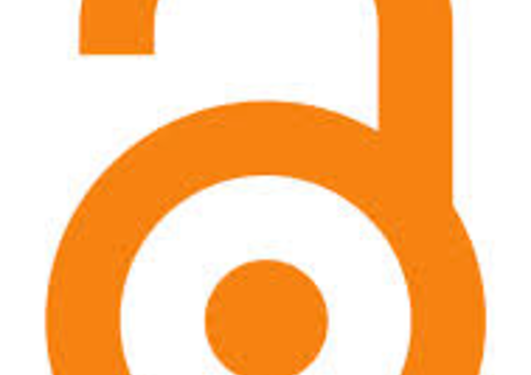The University of Bergen Policy for Open Science
Openness, transparency, and knowledge exchange are core values for the University of Bergen. Technological changes and increased digitalization have created new opportunities for research, education, innovation, and artistic research.

Main content
The University of Bergen Policy for Open Science
Adopted by The Univeristy Board on September 24, case number 101/20, 2020, amended by The University Board on November 24, 2022, case number 108/22
Openness, transparency, and knowledge exchange are core values for the University of Bergen. Technological changes and increased digitalization have created new opportunities for research, education, innovation, and artistic research.
Open science is a research practice where processes and results are openly available under conditions that promotes sharing, use, cooperation, and societal responsibility. The concept of open science encompasses the entire research process and refers to methods, data, software, code, and results. Open science represents a change in how research[1] is conducted, how researchers collaborate, and how research is shared and organized.
Open science is important for the development of knowledge, to ensure the integrity of research and to enhance the availability of research findings. Through increased collaboration on and reuse of data, methods and processes the research process can be made more efficient. Access to underlying data and methods will make it easier to verify and reproduce scientific results and thus strengthen public trust in science. Equal access to research results will contribute to democratize the global research community and ensure a critical knowledge base for society.
Researchers, institutions, governments, funders, businesses, and the public are all stakeholders in open science. Both the EU and the Research Council of Norway have policies for open science and the Norwegian government has established guidelines for open access to research data and research articles which are preconditions for activities at UiB.[2]
UiB’s Policy for Open Science is based on the principle that research and research processes are to be “as open as possible, as closed as necessary”. This entails that research and research processes should be openly available unless prevented by legitimate considerations relating to security, protection of personal privacy, intellectual property rights or trade secrets.
UiB’s Policy for Open Science covers open access to research publications and artistic research, open access to research data, open innovation, open educational resources, and citizen science.
UiB will offer researchers and students training and guidance in the principles of open science and opportunities to experiment and try new practices.
UiB’s Policy for Open Science applies to research, education, and dissemination at UiB. The principles of open science will underpin all research collaborations involving UiB.
[1] The term research includes artistic research.
[2] National goals and guidelines for open access to research articles
National strategy on access to and sharing of research data
The Research Council Policy for Open Science
Open innovation, open science, open to the world - a vision for Europe

